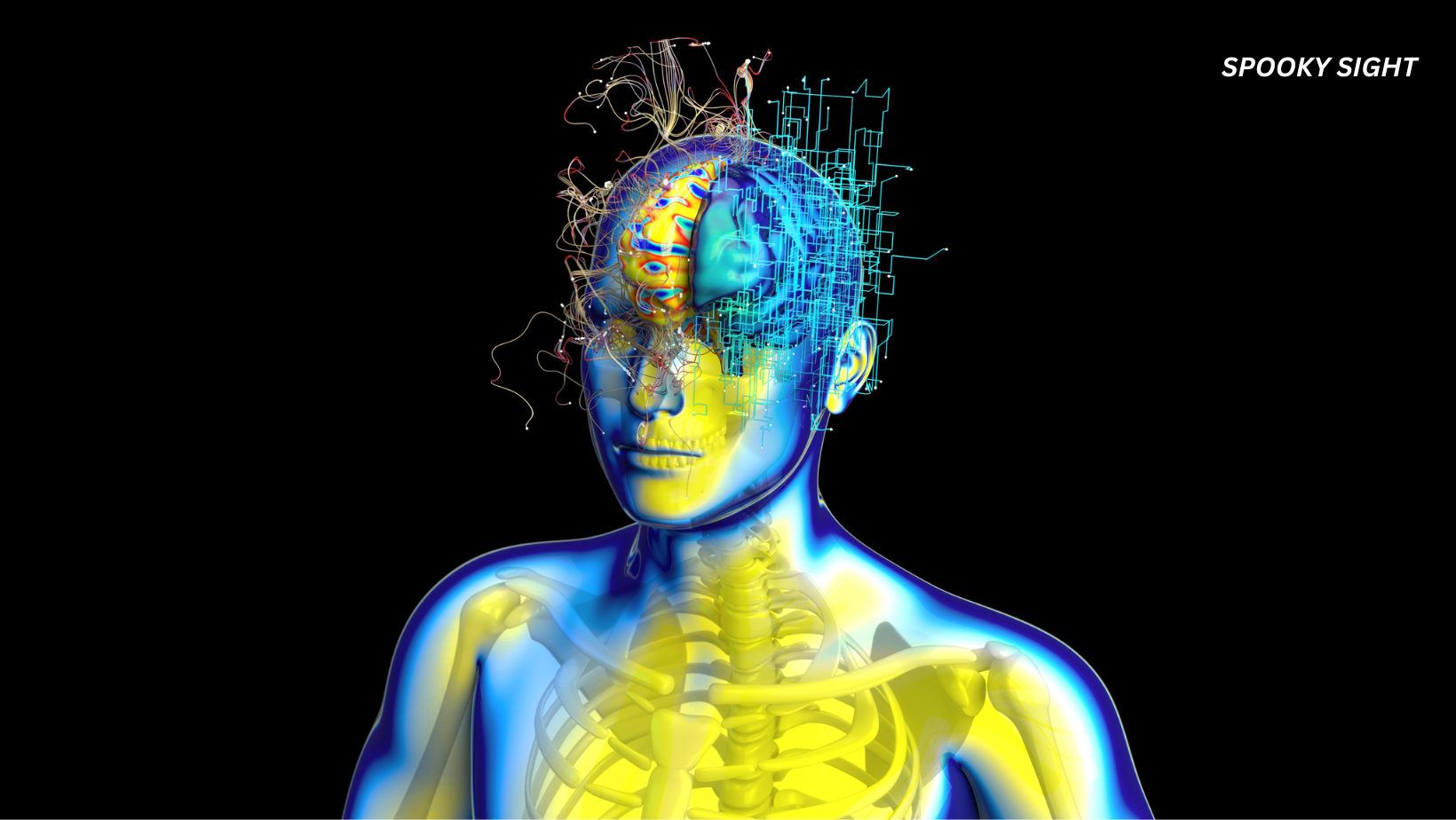Intelligence is often thought of as the ability to remember facts or score well on tests, but that’s only scratching the surface. Real intelligence shows up in everyday life—in the way we solve problems, make decisions, learn from mistakes, and connect with others.
Some people glide through challenges with grace, while others seem to stumble over even the simplest ones. But signs of low intelligence aren’t always dramatic or obvious. Sometimes, they’re quiet, subtle behaviors that repeat over time.
Here are eight under-the-radar traits that may point to lower cognitive ability—not as a diagnosis, but as patterns worth noticing.
1. They’re Not Naturally Curious
People with lower cognitive ability tend to avoid asking questions or seeking new knowledge. They often accept things at face value and don’t feel the need to explore further. For example, they might read a headline and treat it like the full story, never digging into the context or details.
This lack of curiosity shows up in everyday conversations, too. When a topic comes up that’s outside their usual scope, they might brush it off or change the subject, rather than ask questions or learn something new. Over time, this can result in a very narrow understanding of the world.
They also struggle to see things from other perspectives. Instead of saying, “I never thought of it that way,” they’re more likely to say, “That’s just wrong,” because they haven’t practiced stepping outside their own viewpoint.
According to researchers, open-mindedness is tightly linked to intelligence. The more mentally flexible someone is, the more likely they are to challenge their own beliefs—and grow from it.
Read more: Highly Intelligent People Steer Clear of People With These Traits
2. They Struggle in New or Unfamiliar Situations
Life throws curveballs all the time. Whether it’s starting a new job, moving to a new place, or just trying something outside of your routine, adaptability is key. But for people with lower IQs, navigating the unknown can be a serious struggle.
Imagine someone who’s used to doing things one specific way at work. Suddenly, the system changes. While others adapt and figure it out, this person might freeze, panic, or make repeated mistakes—not because they’re not trying, but because flexible thinking is a challenge.
They may also become overly dependent on strict routines and feel uncomfortable when those are disrupted. Small changes can feel like huge obstacles, making it hard for them to thrive in dynamic environments.
3. They Overestimate Their Own Knowledge
This is where the Dunning-Kruger effect comes in—a psychological quirk where people with limited knowledge often believe they know more than they actually do.
For instance, someone who barely understands how a car engine works might confidently offer advice on auto repairs. Or someone who skimmed an article about climate change might claim to be an expert on global warming.
These individuals often struggle to spot gaps in their own understanding. They don’t ask, “What am I missing?” because they assume they already know enough. This inflated self-perception can lead to stubbornness, poor decisions, and even embarrassment in group settings.
In contrast, people with higher intelligence are more likely to say things like, “I’m not sure—I’ll have to look into that.” That humility is a strength, not a weakness.
4. They See the World in Black and White
Not everything in life is strictly right or wrong, good or evil, win or lose—but some people think exactly that way.
This kind of all-or-nothing thinking is called dichotomous thinking. People who think like this often make sweeping statements like “You always do this,” or “That will never work,” without considering nuance or gray areas.
For example, they might label someone as a bad person because of one disagreement, rather than considering the full picture of that person’s behavior. Or they might quit a hobby the moment they make a mistake, seeing it as a total failure rather than part of the learning process.
This rigid mindset makes it hard to see options, compromise, or handle uncertainty. Over time, it limits growth and causes stress in relationships and decision-making.
5. They Rarely Change Their Minds
Flexibility in thinking is one of the quiet superpowers of intelligence. But for some, once they’ve made up their mind, that’s it—end of discussion.
Even if new evidence is presented or a better argument comes along, they’re unlikely to shift. You might show them proof, statistics, or expert opinions, and still get the same response: “I don’t care. I already know what I believe.”
This kind of mental rigidity makes it difficult to learn from mistakes, compromise in relationships, or accept new ways of doing things. In some cases, they might even get annoyed or defensive when challenged, taking disagreement as a personal attack rather than a chance to grow.
Read more: Signs That Mean Your Relationship Conflict Is Doing More Harm Than Good
6. They Struggle with Hypothetical Thinking
Some people find it difficult to imagine scenarios that haven’t actually happened. Their thinking is limited to the here and now, and anything abstract or imaginative feels confusing.
Ask a hypothetical question like, “What would you do if you won the lottery?” and they might respond with something extremely literal or dismiss the question entirely. This isn’t due to disinterest—it’s often because their brain doesn’t easily stretch into the realm of “what if.”
This limitation affects creativity, strategic planning, and long-term decision-making. Whether it’s problem-solving in a relationship or brainstorming at work, abstract thinking plays a big role in navigating life effectively.
7. They Lack Empathy
Empathy is about recognizing and responding to other people’s emotions. It doesn’t require a PhD, but it does involve both emotional and mental effort.
People with lower intelligence often struggle to pick up on subtle social cues or understand how others feel in situations they’ve never experienced. This might come across as insensitivity or indifference, but often it’s simply a lack of perspective.
In a study conducted in China, researchers found that higher intelligence was strongly linked to empathy. Those with higher IQs tended to be more emotionally aware, more in tune with others, and better at offering support.
Empathy helps build trust and connection. Without it, social interactions can feel one-sided or strained.
8. They Tend to Be Self-Centered
Thinking primarily about one’s own needs, desires, or worldview can be another quiet sign of lower intelligence. It’s not always out of selfishness—it can simply stem from an inability to think beyond personal experience.
This shows up in statements like, “Why would someone do that?” or “I don’t get why that matters,” especially when discussing issues that affect other communities or cultures.
A 2023 study exploring different worldviews found that people with broader, more inclusive perspectives were also more likely to have higher education and cognitive ability. These individuals were better at considering social fairness, diversity, and long-term impacts on others.
In contrast, people with a narrower, self-focused mindset often struggle with empathy, curiosity, and complex thought. They might see the world only in terms of how it affects them—and miss out on the richness of understanding others.
Read more: Gentle Clues That Someone May Be Carrying Loneliness in Silence
Final Thoughts
Having a high or low IQ isn’t about being better or worse—it simply shapes how we process information and interact with the world. These traits are not absolute, and they don’t define a person’s entire identity. But they can offer insight into how someone thinks and learns.
The good news? Intelligence isn’t frozen in time. We can all sharpen our minds by staying curious, asking questions, admitting when we’re wrong, and choosing to learn from others. In a world that’s always changing, flexible thinking and open-heartedness just might be the smartest skills of all.
Image: Freepik.









